Selling a Property in the US is Complicated
Selling real estate in a foreign land is usually subject to income taxes, both in Canada and the host country. The foreign country is able to extract their share of taxes at the point of sale. And they often take more than is required, to ensure they don’t lose out if the vendor doesn’t file a tax return there.
Canada also requires the reporting of a capital gain transaction in the annual tax filing but will generally allow a tax credit for foreign taxes paid.
For the sale of residential property in the U.S.A., a common situation for Canadians seeking warmer winters, taxes are usually withheld at the rate of 15% of the sales proceeds for U.S federal purposes, and sometimes an additional small percentage for a state like Maine and Arizona. Florida does not charge state income taxes.
What has to be done
File 1040NR Return
A Canadian resident will have to file a U.S. non-resident tax return, 1040 NR, reporting the transaction in U.S. dollars. You identify the sales price, less commissions, and legal expenses; then deduct the original cost plus the cost of all capital improvements made over the years, to arrive at the capital gain for U.S. purposes. (You are not accorded a residential capital gains exemption of U.S. $250,000 given to U.S. residents and will have to pay tax on the net gain).
As you might imagine this tax result will often be less than the tax withheld at the time of sale, so you will be owed a U.S. tax refund.
Obtain U.S. Individual Taxpayer Identification Number “ITIN”
As usual there are complications. You will need to provide a U.S. Individual Taxpayer Identification Number (ITIN). It is complicated to obtain in this Covid-19 period, as you cannot visit the U.S. Consulate to authenticate your Canadian status. Nor do Canadian immigration offices want to see you. Instead, they want you to send your Canadian passport by mail to Gatineau, Quebec, which you may not want to do. In an emergency, they will allow you to drop off your passport at a local federal office, and three weeks later you can retrieve it plus an authentication document, which you can provide to the U.S. tax authorities. We recommend you send in your request for the ITIN (W-7) together with the U.S. tax return.
Get up to date 1040NR forms
Next you need to get your hands on the current year’s 1040 NR tax form, but this will not be available until next filing season. Meanwhile, your U.S. tax refund is dangling who knows where in the IRS records with an “ITIN requested” label attached to it. We don’t like this because the cash can be lost for some time.
Provide up to date receipts
To maximize your tax refund, you will need to find records to support the capital improvements you made to the property. This is never easy. You can estimate the payments you made, but you may be asked to back this up with invoices and cheques.
One of the harder facts to establish may be the dates when all payments were made. Not so important for the U.S. tax calculations, but for Canadian tax reporting you will need this to calculate the Canadian dollar equivalent cost so you can provide the accurate capital gains reporting for your Canadian tax returns. Foreign exchange is an important factor because at times it turns out that a sizeable gain in U.S. dollar terms may only be a small gain in Canadian dollars. Or vice versa. And don’t forget the Canadian principal residence exemption. Usually, you would claim this for your Canadian residence eventual sale. But it may be useful and is available for the sale of a foreign residence.
The timing can be tricky
So, the U.S. returns can be filed early in the new year and Canadian returns are needed by April 30. Canada will require proof of payment of U.S. taxes. This sounds easy, but isn’t, because you won’t hear from U.S. tax authorities for three to six months, and then they don’t provide tax assessments as do the Canadian tax authorities. So, you will need to request a tax transcript (certification of payment), which will take even longer. We claim the correct U.S. foreign tax credit and will have to wait to provide proof to Canada.
The net result will be you pay the tax on capital gains to both countries, and Canada will eventually accept your claim to have already paid tax to the U.S.A. The U.S. will eventually refund the excess of tax deducted at point of sale over the fair capital gains tax reported in your 1040 NR return. It is just slow and complicated and ties up some of your sales proceeds unnecessarily.
But don’t despair. The good news is that after all these years, you did make a nice profit on your real estate. There are instances when you may have made a loss on the vacation property. This is bad, because losses on personal use assets are usually not tax deductible against gains and other income. Unfair!
And…don’t forget Estate Taxes!
If you are reporting a transaction upon the death of a family member, things can get even more complicated. Canada wants income taxes on the capital gain arising from the deemed disposition on the property value at the date of death unless the property transfers tax-free to the surviving spouse.
But the U.S. will want to establish whether U.S. estate taxes (federal and state level) will be required on valuable properties. Now Dad may have had most assets in Canada, but the U.S. will want a 706 NR return to discover whether he owed U.S. estate taxes. This can easily happen on valuable properties, or when worldwide assets are very large, making the U.S. property a small proportion of the estate. But let’s leave this question for another day.
Next steps
Owning and selling a US property has some unique challenges and complexity. Speak to an advisor familiar with cross-border taxes to help you navigate through the complexities.
Related Articles
Estate Settlement & Administration, Investment Management, Kerr Family Office
Accounting Services, Kerr Family Office, Kerr Fundamentals, Kerr Integrated, Personal Financial Planning
Accounting Services, Investment Management, Personal Financial Planning, Personal Tax Services





